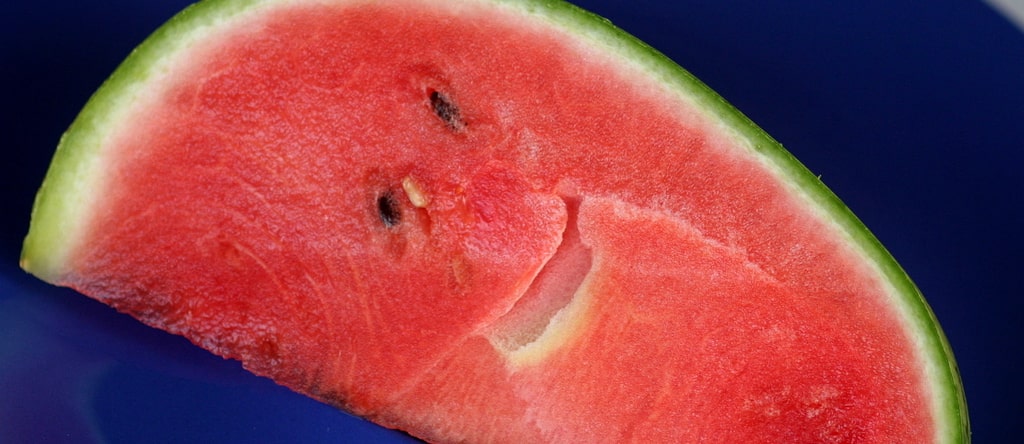A disturbing analysis of mortality and morbidity was recently published in the Journal of Gerontology. Americans are living longer but sicker lives. We’re now living fewer healthy years. Compared to a decade ago, we live about a year longer, but come down with a serious disease like a stroke, cancer, or diabetes two years earlier. It’s like one step forward, two steps back.
The UCLA researchers also tracked one’s capacity to function—for example, the ability to walk up 10 steps or kneel without using special equipment—and found a similar trend. In just a decade’s time, we now live more years with a serious illness and more years disabled, meaning we’re living longer in sickness, not in health; a longer lifespan, but shorter health span.
The three leading causes of disability in the United States are arthritis, heart disease, and lower back pain, which all may be prevented, treated and in some cases even reversed with a healthy plant-based diet. For cardiac disability, see Heart Disease: There Is a Cure; and for degenerative disc disease, my 1-min. video Cholesterol and Lower Back Pain.
Every part of the body needs sufficient blood to function properly. Cholesterol can clog arteries in our inner and outer organs, causing aneurisms, heart attacks, strokes, kidney failure, spinal degeneration and sexual dysfunction. As noted in a recent article in the Harvard Health Letter, up to three quarters of men with cholesterol-narrowed coronary arteries have some degree of erectile dysfunction. There are drugs like Viagra, but they’re considered temporary, expensive, stop-gap measures that may have a number of hazardous side-effects and don’t get to the root of the problem—the artery clogging atherosclerosis that threatens one’s life along with one’s love life. Not only may plant-based diets help preserve both, but as I feature in my 2-min. video Watermelon as Treatment for Erectile Dysfunction, one plant in particular may be able to play an interim role.
The way drugs like Viagra work is by inhibiting an enzyme that inactivates something called cGMP, which would otherwise dilates penile blood vessels. Thus, enzyme inhibition means less inactivation, which means more cGMP, which means more blood flow. Another way to boost cGMP levels, though, is by going to the other side of the equation and stimulating the enzyme that makes it, which is a role played by nitric oxide. Nitric oxide is made from arginine, arginine can be produced by citrulline, and so researchers tested men to see what would happen if they ate more citrulline. Their results were published in the journal Urology: “Oral Citrulline Supplementation Improves Erection Hardness in Men With Mild Erectile Dysfunction.”
The consumption of citrulline allowed for a 68% increase in monthly intercourse frequency. The men were given supplements, but citrulline can be found naturally in watermelon. How much might one have to eat to match the dose they used in the study? Three and a half servings a day, but yellow water melon has about 4 times as much, so just a serving a day—one wedge, one sixteenth of a modest melon should work just as well.
Although watermelon may indeed help treat the symptoms of pelvic atherosclerosis, it’s better to get to the root of the problem and clear out the arterial plaque. Just as Indian gooseberries may help treat diabetes (see Amla Versus Diabetes), it’s better to reverse the disease. Please see my 2-min. video Our Number One Killer Can Be Stopped.
For more on diet and sexual dysfunction, please also check out Cholesterol and Female Sexual Dysfunction, Atkins Diet: Trouble Keeping It Up, and Rosy Glow.
–Michael Greger, M.D
